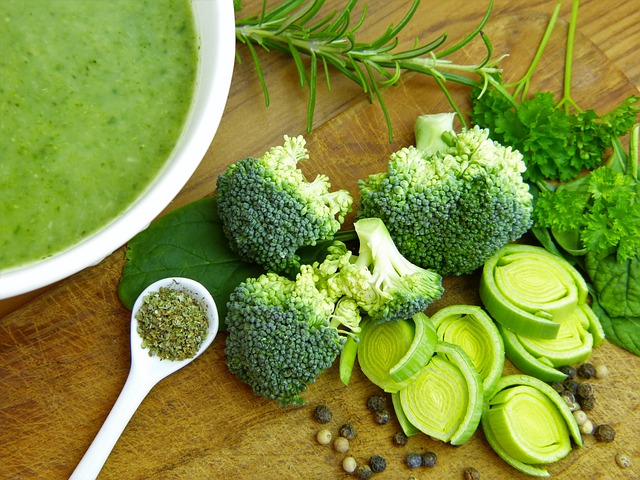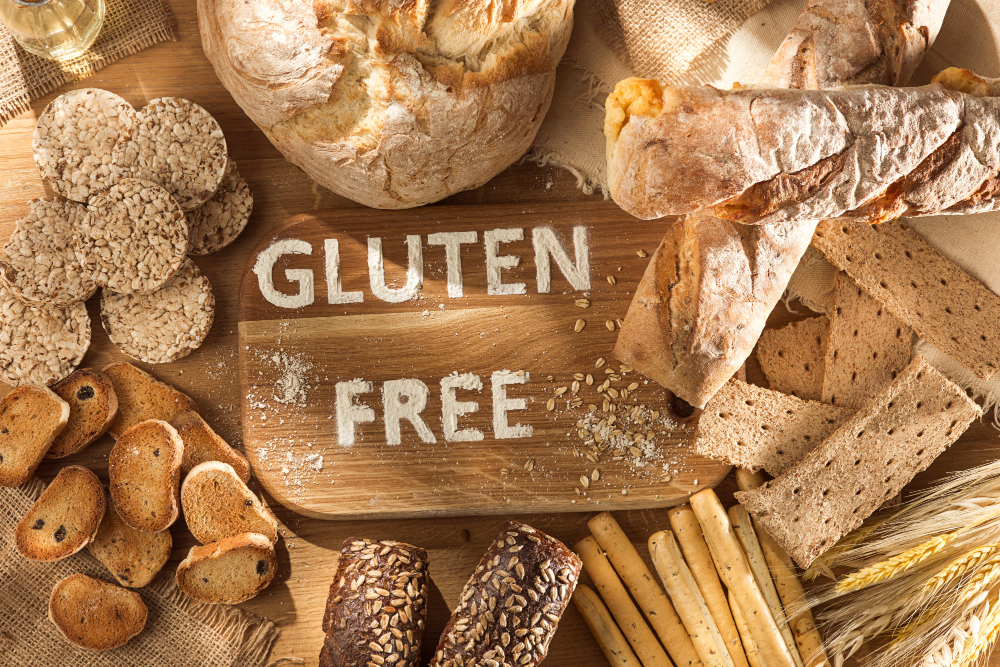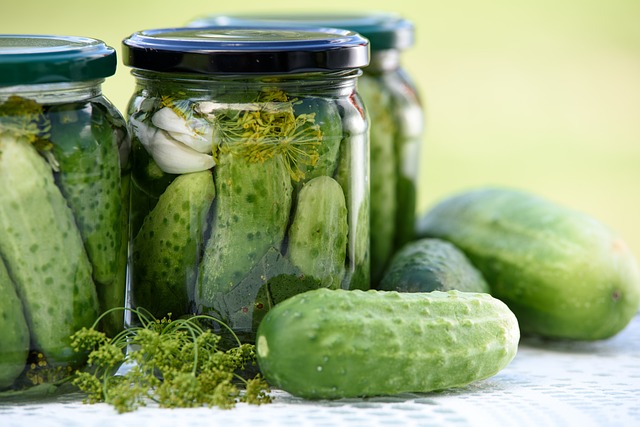The vegan diet, also known as veganism, has gained significant popularity in recent years. It is a plant-based eating pattern that excludes all animal products, including meat, dairy, eggs, and honey. In this comprehensive article, we delve into the world of veganism, exploring its definition, historical roots, components, health benefits, how to get started, and potential drawbacks. Whether you’re considering adopting a vegan lifestyle for ethical reasons, health concerns, or environmental sustainability, this article provides valuable insights to help you make informed choices.
What is the Vegan Diet?
The vegan diet is a lifestyle that excludes the consumption of animal products in all forms. It extends beyond dietary choices and encompasses various aspects of life, including clothing, personal care products, and entertainment. Vegans base their diet on plant-based foods, such as fruits, vegetables, legumes, whole grains, nuts, and seeds.
Veganism has its roots in ancient civilizations and various religious and philosophical beliefs. The term “vegan” was coined in 1944 by Donald Watson, the founder of The Vegan Society. Since then, veganism has evolved as a movement promoting compassion towards animals, environmental sustainability, and personal health.
Components of the Vegan Diet
The vegan diet primarily focuses on plant-based foods while excluding animal-derived products. Key components include:
- Fruits and Vegetables: Rich in vitamins, minerals, antioxidants, and fiber, fruits and vegetables form the foundation of a vegan diet, providing essential nutrients for overall health.
- Legumes and Pulses: These include beans, lentils, chickpeas, and soy products. They are excellent sources of plant-based protein, fiber, iron, and other essential nutrients.
- Whole Grains: Quinoa, brown rice, oats, and whole wheat products are staples in a vegan diet, providing energy, fiber, and a range of vitamins and minerals.
- Nuts and Seeds: These are sources of healthy fats, protein, fiber, and various micronutrients. They can be incorporated into meals, snacks, and plant-based alternatives, such as nut milk and spreads.
- Plant-based Proteins: Vegans can obtain protein from sources like tofu, tempeh, seitan, and plant-based protein powders.
Health Benefits of the Vegan Diet
Adopting a vegan diet can offer a variety of health benefits, including:
- Reduced Risk of Chronic Diseases: Plant-based diets have been associated with a lower risk of heart disease, high blood pressure, type 2 diabetes, and certain types of cancer.
- Weight Management: A vegan diet, when balanced and calorie-conscious, can support weight loss and weight management due to its high fiber content and lower calorie density.
- Improved Digestive Health: The high fiber content of plant-based foods promotes healthy digestion, regular bowel movements, and supports a diverse gut microbiome.
- Nutrient-Rich Diet: When properly planned, a vegan diet can provide all the necessary nutrients, including vitamins (such as C, E, and folate), minerals (such as iron and calcium), and antioxidants.
- Reduced Inflammation: Plant-based diets have been linked to lower levels of inflammation in the body, which is associated with a reduced risk of chronic diseases.
How to Get Started on a Vegan Diet
If you’re interested in transitioning to a vegan diet, consider the following steps:
- Educate Yourself: Learn about vegan nutrition, food sources, and meal planning to ensure a balanced and varied diet.
- Gradual Transition: Start by incorporating more plant-based meals into your diet and gradually eliminate animal products. This approach allows for a smoother transition and helps you discover new foods and flavors.
- Meal Planning: Plan your meals in advance, ensuring they are nutritionally balanced and include a variety of plant-based foods.
- Seek Support: Connect with the vegan community, join online forums or local groups, and seek support from friends and family who may already follow a vegan lifestyle.
- Experiment with Recipes: Explore vegan recipes and experiment with plant-based alternatives for your favorite dishes. This can make the transition more enjoyable and help you discover new flavors.
Potential Drawbacks of the Vegan Diet
While a well-planned vegan diet can be nutritionally adequate, there are a few potential drawbacks to consider:
- Nutrient Deficiencies: Without proper planning, a vegan diet may be deficient in certain nutrients such as vitamin B12, iron, zinc, omega-3 fatty acids, and calcium. It is important to ensure adequate intake through fortified foods or supplements.
- Protein Considerations: Plant-based proteins may be incomplete in essential amino acids. Combining different protein sources throughout the day can help meet protein needs.
- Social Challenges: In certain social settings, finding vegan-friendly options or navigating meals outside of home can be challenging. It’s important to communicate your dietary needs and be prepared with alternatives or snacks when necessary.
- Planning and Preparation: Adopting a vegan diet may require additional planning, meal preparation, and label reading to ensure avoidance of animal-derived ingredients.
Conclusion
The vegan diet is a plant-based lifestyle that excludes animal products and offers a range of health benefits. With a rich history rooted in ethical, environmental, and health concerns, veganism has gained popularity worldwide. By embracing a varied and well-planned vegan diet, individuals can obtain essential nutrients, reduce the risk of chronic diseases, support weight management, and contribute to environmental sustainability. However, it’s important to be aware of potential nutrient deficiencies, especially vitamin B12 and iron, and ensure proper meal planning to meet all nutritional needs. With education, support, and creativity in the kitchen, transitioning to a vegan diet can be a rewarding and fulfilling journey towards a healthier and more compassionate way of living.
Diet
-

Can Arthritis Sufferers Benefit From A Gluten-Free Diet?
The relationship between diet and health has led to increased interest in dietary interventions for various medical conditions, including arthritis. One such approach is adopting a gluten-free diet, which involves eliminating gluten-containing foods. This article explores whether going gluten-free can benefit individuals with arthritis, examining both potential advantages and drawbacks. Understanding Arthritis and Gluten Sensitivity…
-

How to Overcome the Allure of Processed Foods and Make Healthier Choices
-

Foods that Fuel Fatigue: Be Mindful of Your Diet to Boost Energy Levels
-

The Health Benefits of Dark Chocolate for the Heart
-

Unveiling the Health Benefits of Pickles and How to Find the Healthiest Options
-

Nourishing Your Bones: 6 Essential Foods for Osteoporosis Prevention
-

Stock Up with Healthy Snacks with These 10 Easy Tips









Leave a Reply